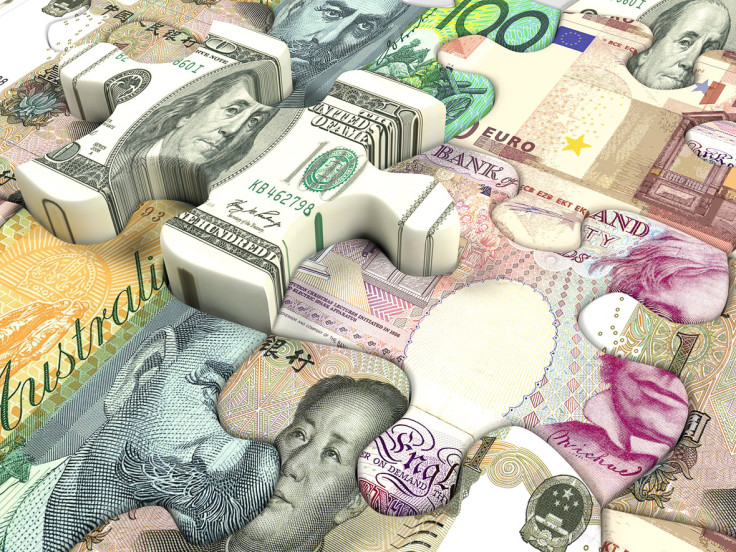FX focus: Pound bounces back against dollar and euro
Sterling rises above $1.30 after hitting two 31-year lows over the last two days.

The pound halted its slump on Thursday (7 July), gaining ground against both the euro and the dollar as the volatility sparked by the European Union referendum showed no signs of abating.
Having reached two 31-year lows in as many days against the dollar, sterling recovered some of the losses and was up 0.7% against the greenback and 0.9% against the euro, changing hands at $1.3021 and €1.1755 respectively.
However, FXTM research analyst Lukman Otunuga warned the recovery could be short-lived, given the financial uncertainty dominating the scene in Britain.
"Uncertainty is becoming a dominant theme post-Brexit, consequently reducing attraction for the sterling, while ongoing concerns of a potential Brexit-fueled recession have obstructed any real recovery in the pound's value," he said.
"Sentiment is clearly bearish towards the pound and further declines could be expected in the future as the overwhelming fundamentals provide a foundation to install a heavy round of selling."
Allianz economist Mohamed El-Erian warned the pound was heading for parity against the dollar, unless the British government could come up with a "Plan B" – which would have to include a free-trade agreement with the EU – to deal with the fallout from the referendum.
Elsewhere, the euro was on the back foot against the dollar, losing 0.2% against the greenback, while the Australian dollar relinquished its weekly gains after falling as much as 0.7% against its US counterpart.
The slide was triggered by S&P Global Ratings' decision to cut the outlook on the nation's AAA bond rating to negative from stable.
Meanwhile, the yen traded higher overnight after Bank Of Japan (BoJ) governor Haruhiko Kuroda offered no tangible clues about near-term monetary stimulus expansion at a meeting of the central bank's branch managers.
"Markets have speculated that the BoJ may redouble its efforts after the Yen surged to the highest level nearly four years against its major counterparts on the back of risk aversion following the outcome of the Brexit referendum, complicating officials' attempts to stoke inflation," said Ilya Spivak, currency strategist at DailyFX.
© Copyright IBTimes 2025. All rights reserved.






















